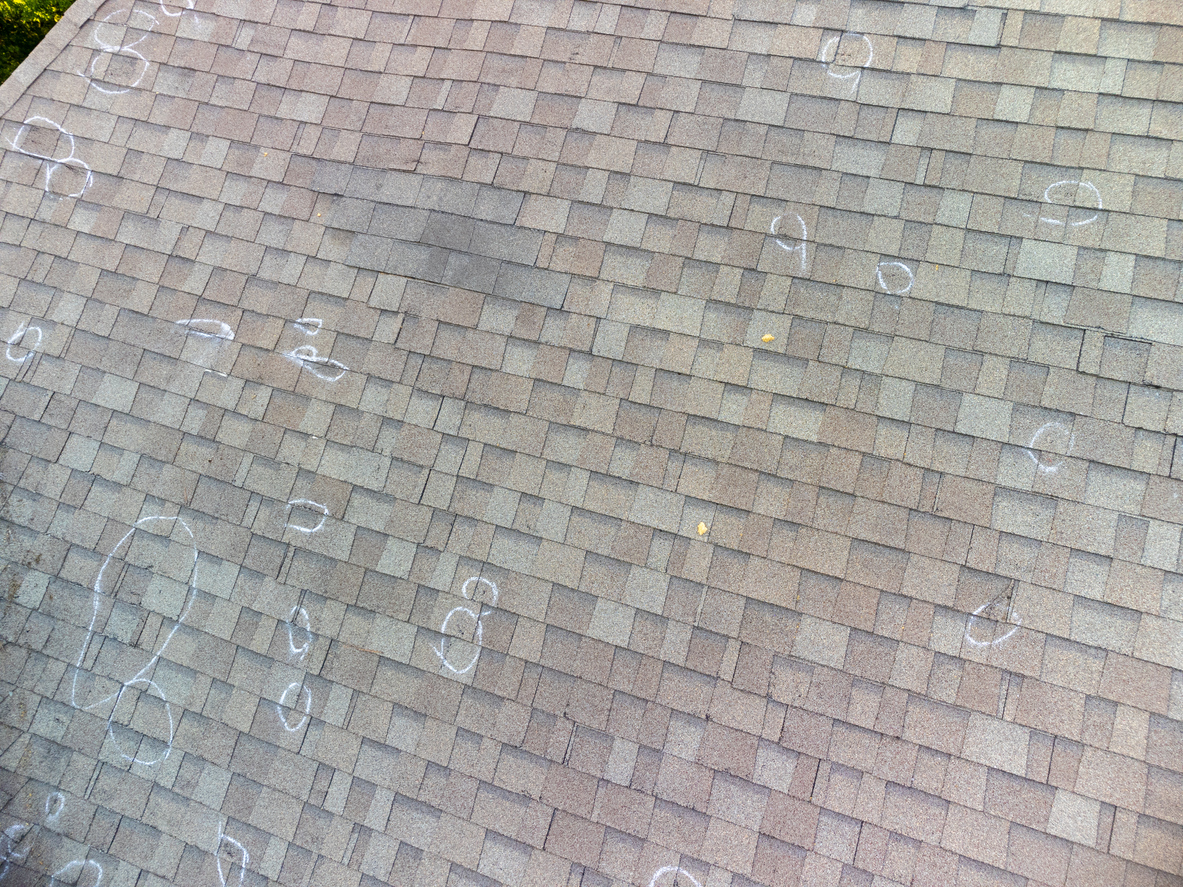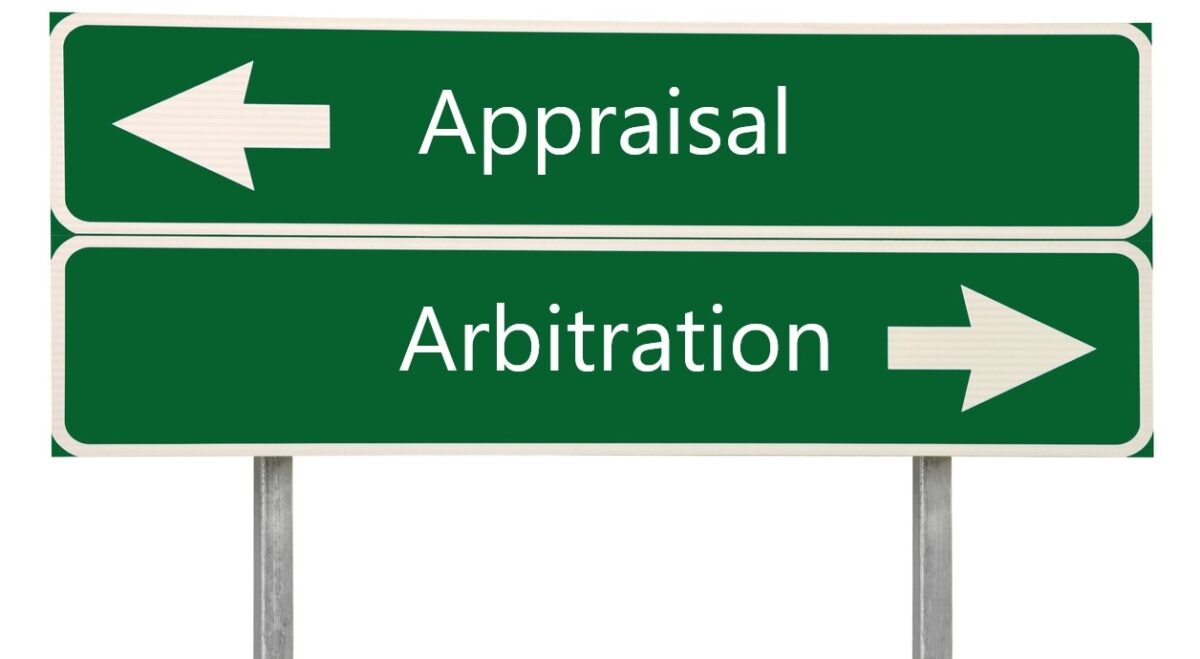Pacific Indemnity Company, a Chubb subsidiary known for insuring high-end properties and affluent clients, recently secured a partial litigation victory in a property insurance dispute involving a newly constructed luxury home in Alabama. 1 The non-final decision regarding high-end smoke and fire damage to a residential structure is worthy reading for all adjusters. The case highlights the difficulties of proving first-party bad faith under Alabama law while surprisingly allowing a claim for the tort of outrage, which is rarely argued as a viable cause of action.
The case arose from a November 2019 fire that severely damaged a newly built residence, which was insured under Pacific’s “Masterpiece” policy with dwelling coverage of $3 million and contents coverage of $1.5 million. The fire occurred just months after the policy inception, leading to an extensive smoke and fire damage claim that prompted discussions about whether to repair or completely rebuild the structure. The dispute centered on Pacific’s claims handling and payment decisions. While Pacific paid over $3 million on the claim, the policyholders contended they were entitled to additional compensation.
A significant point of contention was the repair versus rebuild debate. The policyholders advocated for complete demolition and rebuilding, arguing it was the only way to guarantee the elimination of smoke odors. Pacific maintained that repair was feasible and less costly, though they acknowledged the policyholder’s right to choose to rebuild. However, Pacific refused to pay additional costs beyond what repair would have required. The policyholders claimed the repair would be defective. The case highlights the complexities that can arise in high-end property claims, particularly when dealing with smoke damage remediation and reconstruction decisions.
The court’s analysis of the bad faith claim is particularly instructive regarding bad faith law in Alabama. To succeed on a first-party bad faith claim in Alabama, the policyholders needed to show either that Pacific had no legitimate reason for denying the claim (normal bad faith) or that Pacific intentionally failed to determine whether there was a legitimate reason for denial (abnormal bad faith). The court noted the following regarding Alabama first-party bad faith law:
Under Alabama law, bad faith claims take two forms: bad faith failure to investigate and bad faith failure to pay.… ‘Alabama courts often refer to refusal-to-pay claims as ‘normal’ bad-faith claims and to failure-to-investigate claims as ‘abnormal’ bad-faith claims.’ …For either type of bad faith claim, a plaintiff must prove:
(a) an insurance contract between the parties and a breach thereof by the defendant;
(b) an intentional refusal to pay the insured’s claim;
(c) the absence of any reasonably legitimate or arguable reason for that refusal (the absence of a debatable reason);
[and](d) the insurer’s actual knowledge of the absence of any legitimate or arguable reason.
This is a very high standard to prove an insurance company can be sued for bad faith. It is one of the most difficult standards to prove in the United States. The court further stated that for a failure to investigate bad faith claim, the policyholder must prove:
[T]he insurer’s intentional failure to determine whether there is a legitimate or arguable reason to refuse to pay the claim. In short, plaintiff must go beyond a mere showing of nonpayment and prove a bad faith nonpayment, a nonpayment without any reasonable ground for dispute. Or, stated differently, the plaintiff must show that the insurance company had no legal or factual defense to the insurance claim.
Generally, an Alabama policyholder will need to be successful at a summary judgment standard on the breach of contract claim to have any chance to prove bad faith under Alabama law:
To avoid summary judgment on a bad faith refusal to pay claim, a plaintiff’s ‘underlying contract claim must be so strong that the plaintiff would be entitled to a pre-verdict judgment as a matter of law.’ Jones v. Alfa Mut. Ins. Co., 1 So. 3d 23, 32 (Ala. 2008)…. For a bad faith failure to investigate claim, the ‘material question’ is whether the insurer ‘recklessly or intentionally failed to properly investigate’ the insured’s ‘claim or to subject the results of an investigation to a cognitive evaluation.’ Simmons v. Congress Life Ins. Co., 791 So. 2d 371, 379 (Ala. 2000).
The court found that Pacific had legitimate reasons for its coverage positions, including reasonable disputes over the necessity of smoke remediation after the decision to rebuild, the appropriate scope of landscaping coverage, and the valuation of contents. The court emphasized that Pacific’s payment of over $3 million and its ongoing engagement in claim evaluation demonstrated that it had not acted in bad faith, even if its positions were ultimately proved incorrect.
Interestingly, while dismissing the bad faith claim, the court allowed the policyholder’s tort of outrage claim to proceed to trial. This unusual decision suggests that while Pacific’s coverage positions may have been legally defensible, there might be evidence of conduct so extreme as to potentially satisfy the high standard required for an outrage claim. The tort of outrage requires proof of (1) conduct that is extreme and outrageous; (2) Behavior that goes beyond all bounds of decency, and (3) actions considered utterly intolerable in a civilized society. The court makes an unusual ruling by dismissing the bad faith claim against Pacific while simultaneously allowing the tort of outrage claim to proceed to trial. If the three of these elements are proven and the tort of outrage is allowed to proceed, many may legitimately wonder if Alabama’s bad faith law needs to be a little easier to prove. An insurer’s “behavior that goes beyond all bounds of “decency” would seemingly be a failure to act in good faith—except in Alabama.
The case also highlights several practical challenges in high-value property claims, including the complexity of documenting extensive contents losses, the impact of construction decisions on coverage determinations, and the interplay between various coverage components such as dwelling, contents, landscaping, and additional living expenses. Again, adjusters should make this a case study because many of these case-specific issues that arise in smoke and fire cases are practical and common.
For policyholders and public adjusters, this case serves as a reminder that bad faith claims in most jurisdictions require more than showing an insurer’s position was incorrect. A wrong conclusion and even an action can be done in good faith. Usually, there must be evidence that the position lacked a legitimate basis or that the insurer failed to investigate properly. However, the survival of the outrage claim suggests that even when an insurer’s coverage position is defensible, its conduct during the claims process may still expose it to liability under other legal theories.
Some state’s laws make it much easier to prove emotional distress claims than others. We noted Florida’s standard in Let’s Not Forget About Tort. Other states have different requirements, as noted in Emotional Distress Damages Allowed in Hawaii For Insurance Bad Faith Conduct.
The case remains ongoing, with several coverage disputes still to be resolved at trial, including significant disagreements over landscaping coverage and the full extent of contents losses. The outcome of these remaining issues, particularly the tort of outrage claim, will be worth watching for insurance practitioners handling high-value property claims. The science of smoke damage remediation is a very dynamic area that adjusters need to keep abreast of, as noted in Smoke Damage Claims Are Dangerous! Attend the Storm Restoration Contractor Summit to Find Out More Details.
The case highlights the complexities of high-value property claims, particularly when dealing with smoke damage remediation and reconstruction decisions. I intend to follow up on this case as it proceeds.
Thought For The Day
“There are two times in a man’s life when he should not speculate: when he can’t afford it, and when he can. But if you must speculate, at least buy insurance.”
—Mark Twain
1 Goodrich v. Pacific Indemnity Co., No. 2:22-cv-00021, 2024 WL 4819435 (S.D. Ala. Nov. 18, 2024).




